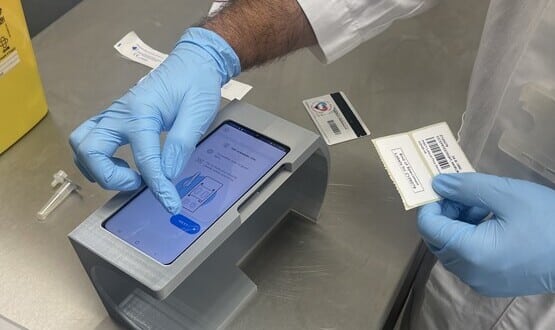NHS Direct has terrible winter
- 3 February 2011

Some patients calling NHS Direct had to wait more than 24 hours to speak to a nurse during the Christmas period, it has been revealed.
Papers presented to this week’s NHS Direct board meeting reported that the health helpline came under “extreme pressure” over most of December and early January and missed many of its key performance indicators.
A combination of factors, including an unforecast rise in calls to the helpline, increased call lengths, reduced staffing numbers and data and telephony problems, led to the poor performance.
The January board meeting heard that, with the exception of the most urgent calls, telephony and clinical access indicators were missed by “significant margins” for the core service and the majority of locally commissioned services.
Only 68% of calls were answered within 60 seconds (against a KPI of 95%), 13% of calls were abandoned (against a KPI of 5%) and only 80% of non urgent calls were clinically assessed within 120 minutes (against a KPI of 95%).
A report from Ronnie Lucraft, NHS Direct’s chief operating officer, says patients experienced long waits to access the service and that some of those assessed as non-urgent had waits of over 24 hours to speak to a nurse.
The report says call volumes were 45% higher than forecast between 21 December and 3 January.
The helpline thinks this was driven by a combination of illness patterns, the ability to access other services being compromised, and patient behaviour during adverse weather.
Health adviser staffing was also below requirement for most of the month and productivity was compromised by higher than normal call lengths.
Although use of NHS Direct’s online health and symptom checkers was 2.5 times higher than in the same period in 2009, there were almost four times as many nurse call backs requested via the online system than in 2009-10.
The board heard that there were major faults with both data and telephony systems including problems with the CAS triaging system which meant that the system “slowed significantly” for all users.
On 27 December, one of the busiest days of the year, access to CAS was lost completely for three hours and advisers had to revert to using paper.
Lucraft’s report says a series of actions were put in place to mitigate the effects of the problems and a full lessons learned exercise is underway.
It adds “there is a sense that there are too many targets” and that the clinical rationale for the different priority groups was lost when waiting times rose as they had done.




